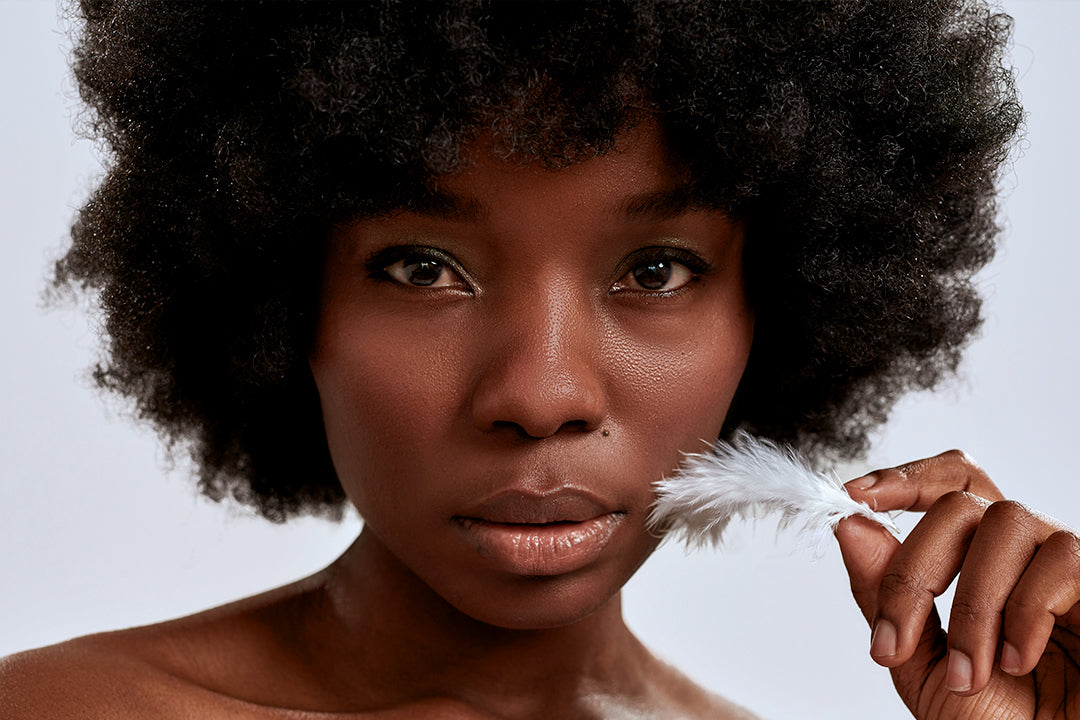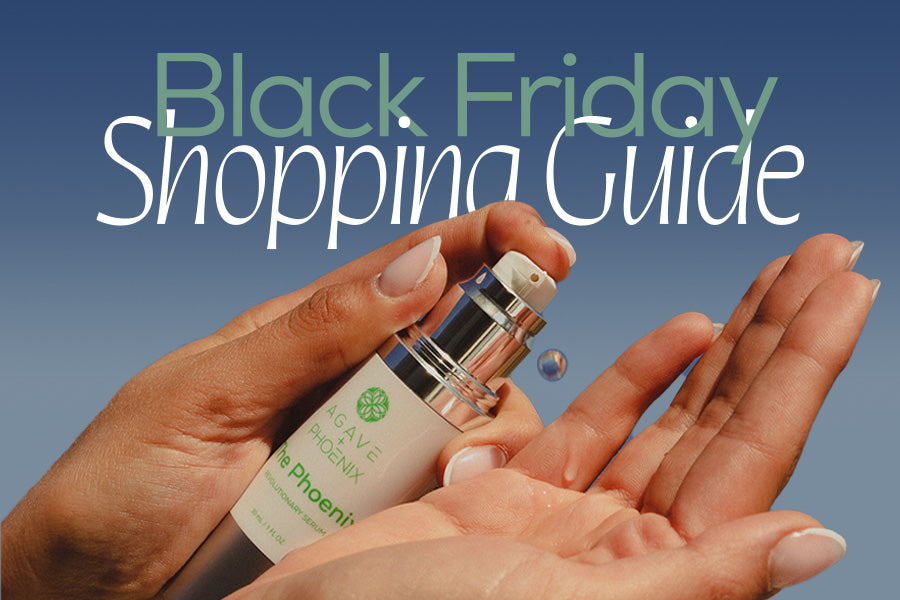Skincare Ingredient: Vitamin C

Winter is coming, and so is the cold. We often use Vitamin C as a way to help our bodies stay strong during the cold season. But, did you know that Vitamin C can do wonderful things for your skin too? This article will show you how you can use Vitamin C to make your skin look and feel amazing.
02. Vitamin C Benefits for Skin
04. Best Ingredients to Mix with Vitamin C
What is Vitamin C?
Vitamin C, or L-ascorbic acid, is a potent antioxidant that can be found in fruits and vegetables like citrus fruits (oranges, lemons), strawberries, kiwi, guava, bell peppers, and broccoli. Vitamin C in skincare products is typically made from ascorbic acid, which is a water-soluble form of Vitamin C.
Benefits of Vitamin C Skincare
1. Antioxidant Protection:
Vitamin C or 3-glyceryl ascorbate is a potent antioxidant that helps shield the skin from harmful free radicals and environmental damage, reducing the risk of premature aging and skin damage.
2. Collagen Production:
Vitamin C stimulates collagen synthesis, which is crucial for maintaining skin's firmness and elasticity, helping to minimize the appearance of fine lines and wrinkles.
3. Brightening and Evening Skin Tone:
Vitamin C can fade dark spots, hyperpigmentation, and redness, promoting a more even complexion and a radiant, youthful glow.
How to use Vitamin C
Vitamin C, often listed as 3-glyceryl ascorbate, is most often found in Serum and Face Mask, where you skin has time to fully absorb the ingredient. It's best if you use it in the morning, after your cleanser and toner. Don't forget to apply sunscreen even if you plan to stay inside, as Vitamin C increase your skin sensitivity to UV. No need to apply it two times a day, as it is a powerful ingredient.
Best Ingredients to Mix with Vitamin C
When shopping for products containing Vitamin C, you can also focus on getting some ingredients that works well with Vitamin C:
Hyaluronic Acid: This hydrating ingredient pairs perfectly with Vitamin C to provide moisture and enhance skin's plumpness, resulting in a more youthful complexion.
Find this combination in our Desert Rain Moisturizer:
Niacinamide (Vitamin B3): Niacinamide complements Vitamin C by helping to improve skin's texture, minimize pores, and reduce redness, making it suitable for those with sensitive or acne-prone skin.
We use both in our Phoenix Revolutionary Serum:
Vitamin E (Tocopherol Acetate): When used together, Vitamin E can stabilize and enhance the effectiveness of Vitamin C. This combination can provide a more comprehensive defense against premature aging, boost collagen production, and promote skin health.
Our Monsoon Advanced Moisturizer contains these 2 ingredients:
Now that you've discovered all the benefits of Vitamin C, it's your ultimate skincare ally for the upcoming cold season, ensuring your skin will glow with radiance!
Most Asked Questions about Vitamin C
Should I apply vitamin c on damp or dry skin?
You should apply vitamin C on dry skin for best results. After cleansing, allow your skin to dry completely before applying a vitamin C serum. This ensures better absorption and minimizes the risk of irritation.
which first hyaluronic acid or vitamin c?
You should apply vitamin C first, followed by hyaluronic acid.Vitamin C is an antioxidant that works best when applied directly to clean, dry skin. It has a low pH, so applying it first ensures optimal absorption and efficacy. Hyaluronic acid is a hydrating ingredient that helps lock in moisture. After vitamin C has been absorbed, applying hyaluronic acid helps retain hydration, ensuring your skin remains plump and hydrated throughout the day.





